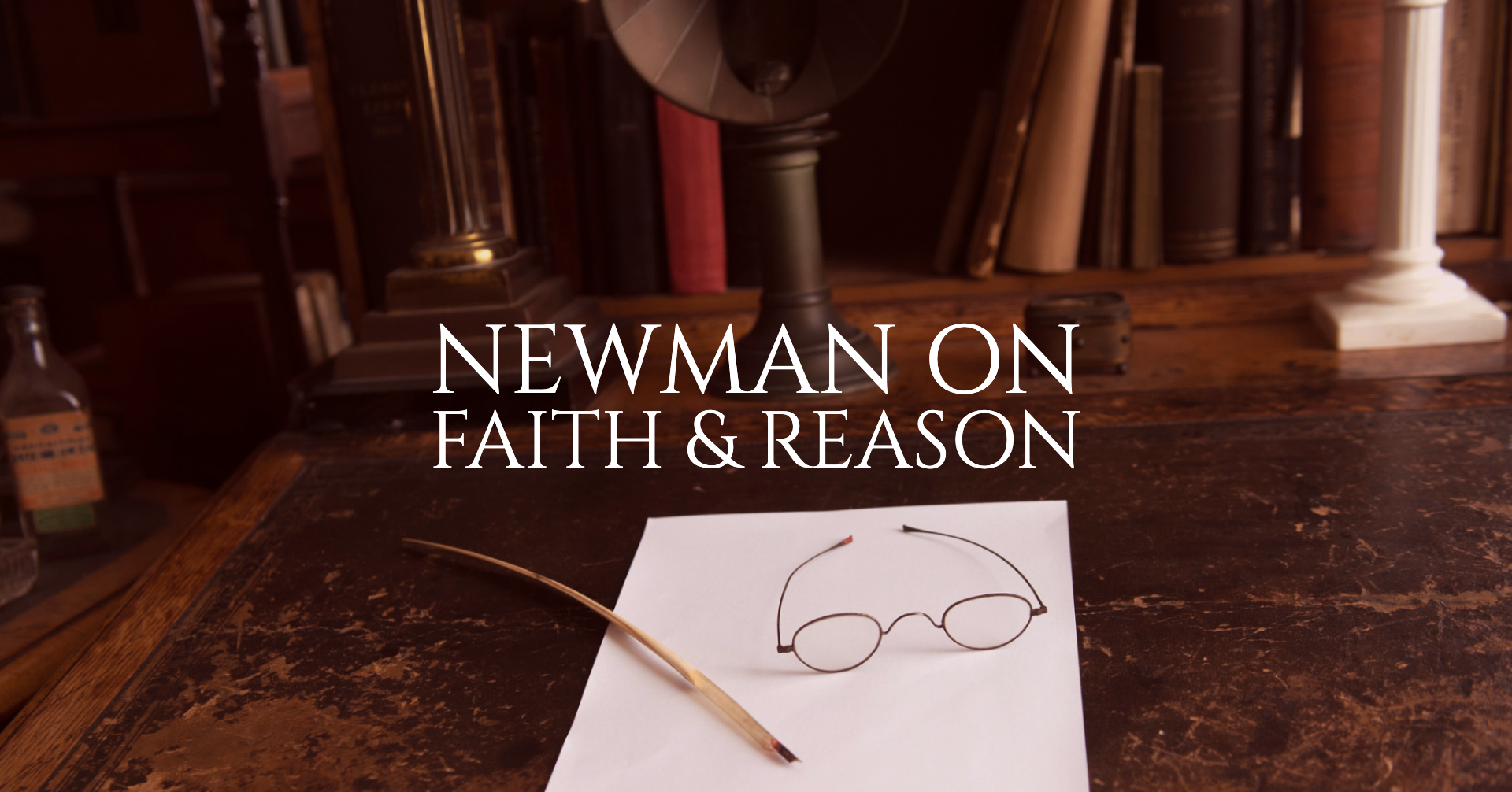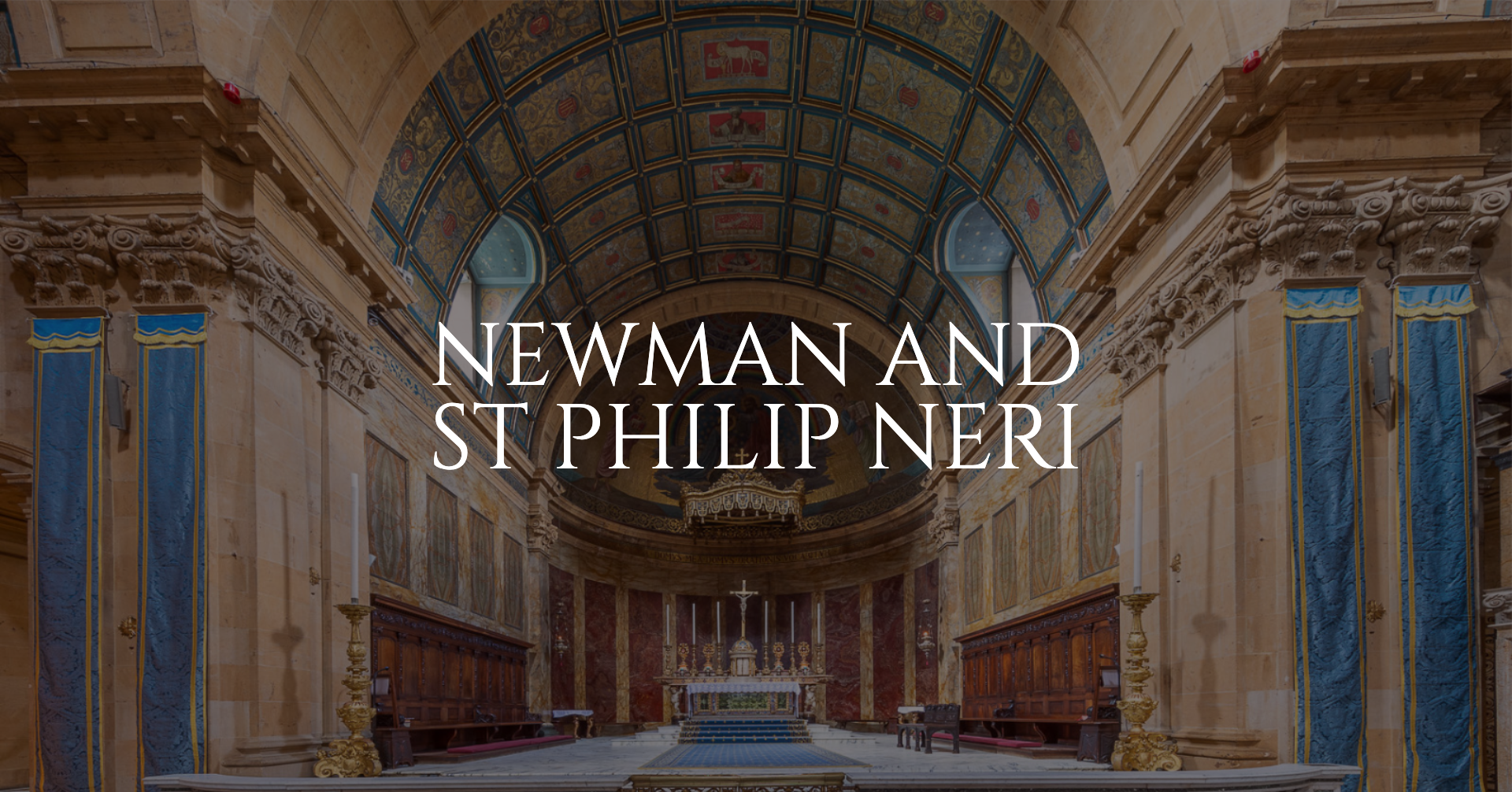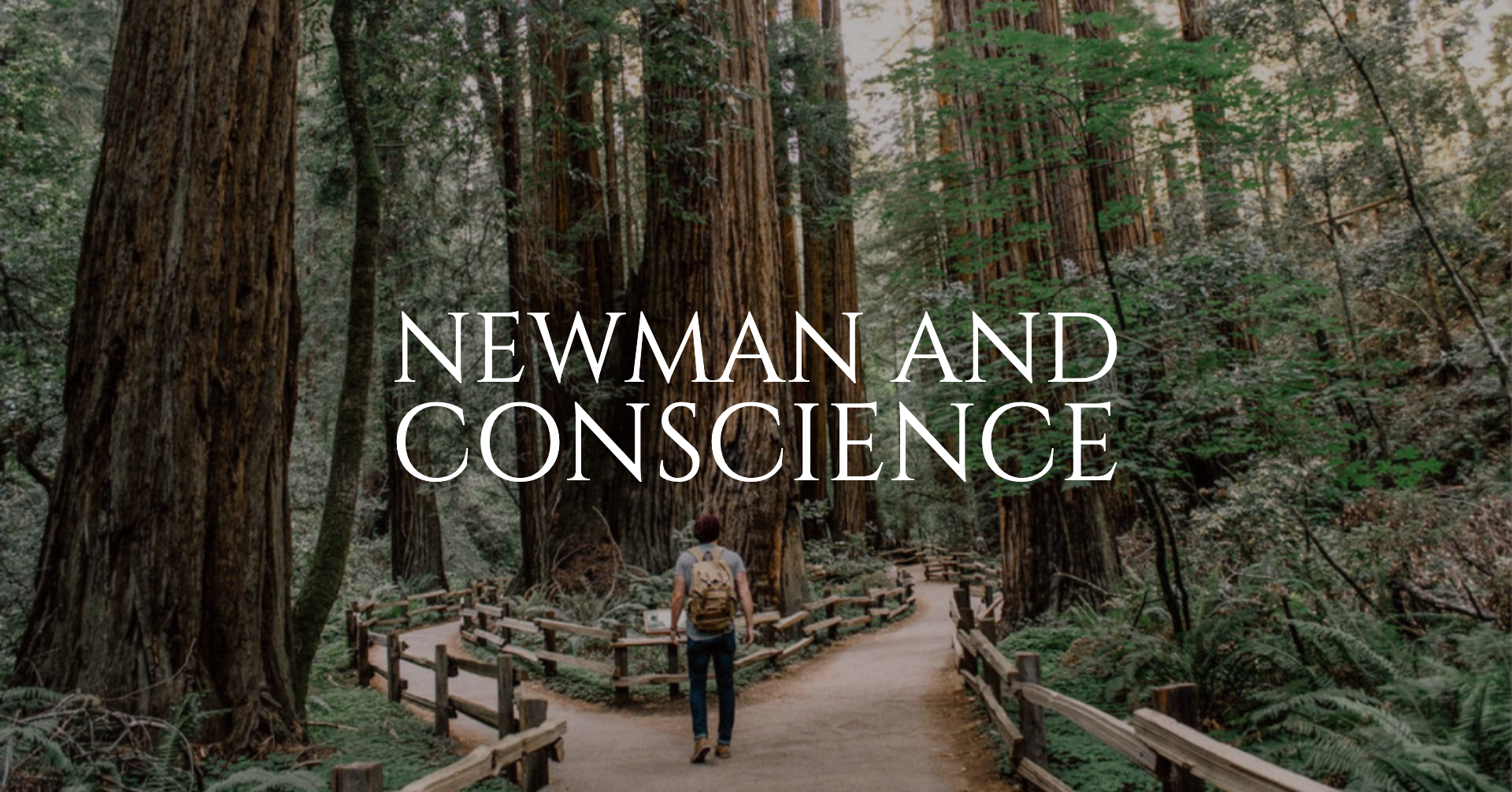By Dr Andrew Nash As an Anglican clergyman, John Henry Newman started reading the early Church Fathers, those Christian writers in the centuries immediately following the Apostles. In them he discovered the richness of Catholic doctrines which started his journey towards the Catholic Church. So, was Catholic belief about the Pope part of the authentic teaching handed down from the Apostles?
Read MoreBy Isaac Withers On Sunday the 13th October this year, John Henry Newman will be canonised a saint – this makes him quite the authority on the matter of how we should become saints ourselves. His advice on this matter is invaluable. Here are just a few of Newman’s tips for you on the journey to sainthood.
Read MoreBy Dr Paul Shrimpton Going up to university is one of most exciting and defining moments in life, especially for those privileged to come to Oxford, a university which in so many ways is a student paradise. Naturally, along with all the expectations, there are fears: will I be good enough, will I survive, will I make friends, will I be happy? What has Newman to say to me, a school-leaver yesterday, an undergraduate today? Isn’t he a remote figure, someone far removed from my world?
Read MoreBy Teresa Iglesias From the age of fifty to fifty-seven Newman tirelessly laboured for a ‘great undertaking’ in Dublin, the establishment of the Catholic University of Ireland. These were the years 1851 to 1858, which as regards personal powers and dedication he describes as ‘some of the most valuable years of my life’. But why did Newman decide to come to Dublin to work in such ‘great undertaking’ during those seven years?
Read MoreBy Isaac Withers The nature of the relationship between faith and reason seems to be a very modern issue, with the prevalence of atheism in our own day. However, clearly this issue was at the forefront of John Henry Newman’s mind back in 1839 as this was the subject of many of his Oxford University Sermons in that year. He says even then that, ‘Reason is called either strong sense or scepticism, according to the bias of the speaker; and Faith, either teachableness or credulity’ – so clearly he had faced negative attitudes towards faith in a post Enlightenment world. His prophetic words then, can still guide the difficult conversations we have today with friends who believe faith to be irrational. Here is what he has to say about it.
Read MoreBy Fr Daniel Seward The Oratory of St Philip Neri was the single most important thing for Newman. When he first became a Catholic, Blessed John Henry had originally considered founding an entirely new congregation. Yet by February 1846, Newman had abandoned this idea, and was full of enthusiasm for the notion of founding an Oratory in England. Although it seems that he had heard of St. Philip while he was still an Anglican, Newman doesn’t appear to have known much about him. As he got to know the character of St Philip better, Newman said how much Philip’s light-hearted playfulness reminded him of his Anglican friend John Keble.
Read MoreBy Isaac Withers John Henry Newman reflected, wrote and preached about friendship and personal influence often, but importantly, he also lived out these values, maintaining many meaningful friendships throughout his life. He begins his, ‘Sermon on Love of Relations and Friends’ by discussing how our early friendships go on to form our relationship with God and those around us.
Read MoreBy Fr Daniel Seward Many people know that John Henry Newman was a great thinker, that he was a magnificent convert to the Catholic faith, and that he was a man of great personal kindness. These are the attributes that make him worthy to be a saint. However, we live in an age that is wary of strong religious opinions, and so it is probably on Newman’s personal holiness that we are more likely to focus rather than on his thought, much of which is controversial and challenging. A saint is not just somebody who is good and kind – he is someone who is rightly-believing, and thus a light to others. But how on earth can I possibly know that what I think is true, out of all the thousands of belief systems present in the world? Well here Newman gives us an example: the example of his personal journey of faith – which Pope Paul VI called the most significant journey that anyone made in the nineteenth century.
Read MoreBy Isaac Withers John Henry Newman is one of history’s most famous converts, his conversion from Anglicanism to Catholicism in 1845 is in many ways the turning point of his story. However, it is important for us to understand the context of this change – it would be a mistake for us to think that to convert from one denomination of Christianity to another then was what it is like now. Catholics had been reviled and persecuted in England for centuries after the reformation, with it only becoming legal for Catholics to sit in the Parliament of Westminster with the passing of ‘The Roman Catholic Relief Act’ in 1829.
Read MoreBy Sr. Bianca Feuerstein FSO Littlemore is approximately three miles away from the city centre of Oxford and was a poor hamlet in Newman’s time. When Newman became Vicar of the University Church of St. Mary the Virgin in 1828, he accepted along with this task the pastoral care of Littlemore which had been part of the parish for many centuries. The village owes to Newman the building of the Anglican church of St Mary and St Nicholas, as well as the building of a school. In 1841 Newman chose to live at Littlemore to help him find an answer in his search for the truth. He leased a former coach staging post and transformed the long-stretched building into a house adapted to his needs. The stable was converted into a library, and the barn into cottages. This house would later be called “The College”.
Read More







